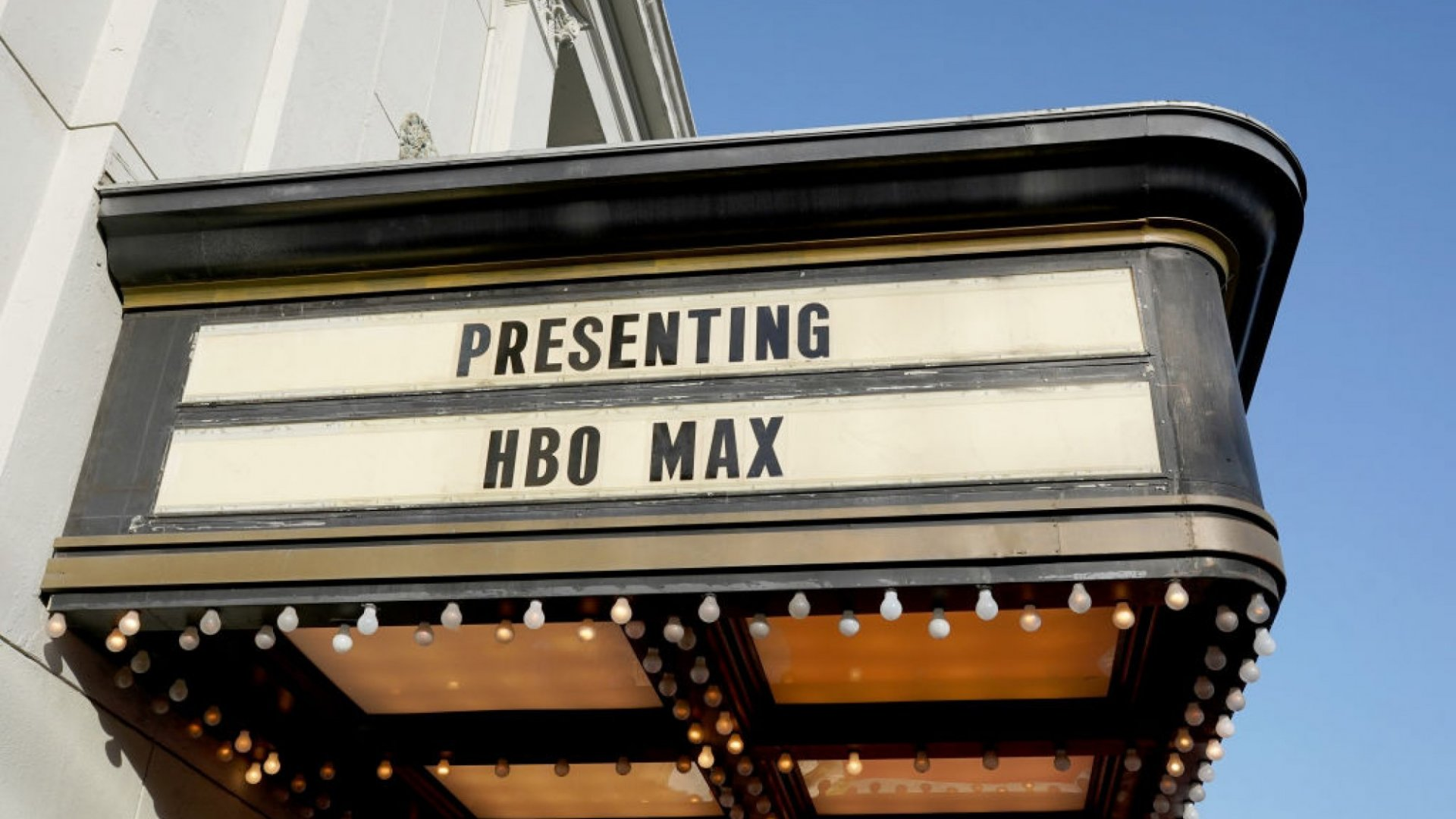
By Andrew Jenck
A lot can change in a year, can’t it? Just last winter, I was in the middle of Binge-uary, in which I broke down the upcoming streaming services and how it would alter the film distributors’ business models and change the entertainment industry as a whole. What I didn’t expect was the change to come so soon. Yes, the coronavirus is speeding up the process (while slowing down our lives) as direct-to-consumer entertainment has gained traction in place of closed theaters; whether it be video on demand, Disney’s premier access, or HBO Max streaming films the same day as their theatrical releases. The latter of which shocked cinefiles and casual viewers alike with many declaring doom and gloom over the cinema business. I’ve remained skeptical that cinemas would completely die off, but rather be altered. To understand this, we need to look at AT&T, HBO Max’s parent company, and how it came to this.
Burdened with a massive debt and underperforming subsidiaries, AT&T is pressured to create higher cash flows to invest more in its entertainment divisions. It is struggling to sell DirecTV, considered selling WB Games, and sold Crunchyroll; an anime distribution company and one Max’s selling points. They replaced their CEO last year, having to work with a new mindset. Despite launching towards the start of the pandemic in the U.S. HBO Max stumbled out of the gate, lagging behind most of its competitors.
During Binge-uary*, I predicted that Max would be a frontrunner in the streaming wars based on its large content, but I failed to acknowledge other factors that contribute to a platform’s success. Max didn’t have an eye-catching exclusive, any of which will not release until 2022. The two most popular streaming devices, Roku and Amazon Fire, did not have the service until late last year. Its steep price discouraged consumers. Compare this to Disney+ and Peacock which underpriced their services to establish a solid base for consumers. Disney has the market power to release high-end productions at a mild price point, being safe investments. Most of Peacock’s subscribers chose the free option, but it draws consumers in and could maintain a profitable portion if and when it starts charging. Netflix, meanwhile, is only one dollar cheaper than HBO, but it’s built a large consumer base, hence it can charge more. HBO still has a lot to offer, but it seemed like it was trying to hit home runs when it should’ve been focused on single hits to get runs on the board.
The simultaneous release strategy then attempts to solve all these problems. The price appears more reasonable, more users are drawn to the platform, and the vast library can entice consumers to stay. This decision was met with scrutiny by WB’s own filmmakers, who hadn’t been previously notified. Actors would be robbed of their cuts of box office revenue. Directors were angered that their work wouldn’t be seen in its intended format. There was a double standard, as Wonder Woman actress Gal Gadot was notified. WB recently had to settle a dispute with Legendary Pictures, the production company behind Godzilla v. Kong, over the allegation. Nevertheless, HBO Max activations have been doubled thanks largely to Wonder Woman 1984, though trust among filmmakers may be tainted.
No other distributors have followed HBO’s model, still intent on releasing their blockbusters in theaters; i.e., Universal and Sony have delayed some of their films to the fall. Even Disney’s premier access requires $38 which roughly equates to four movie tickets. If any change to cinemas occurs, it will likely be more smaller-budget films are released directly to streaming, rather than play in theaters, such as Tom & Jerry and The Little Things. There are many factors still up in the air, and even when the pandemic ends, COVID’s impact will remain for years to come. To answer the question, “Is this the death of theaters,” I’d say “No, but they’ll never be the same.”
Also, was that first movie worth subscribing for? Well, join me next time when I look at another wack WB project.
*For Drew’s Binge-uary series – here are the links:
For the introduction into Drew’s Streaming Series “BINGE-UARY” – here is the link:
https://www.tillamookcountypioneer.net/drews-reviews-editorial-streaming-in-the-2020s/
https://www.tillamookcountypioneer.net/drews-reviews-editorial-not-a-flightless-bird-streaming-services-series-continued/


